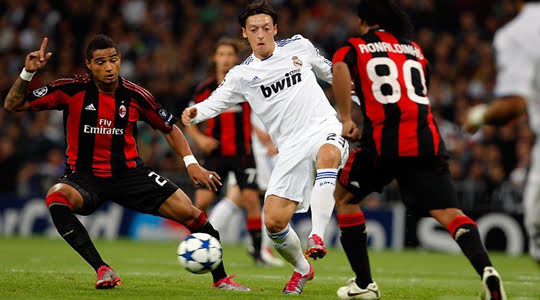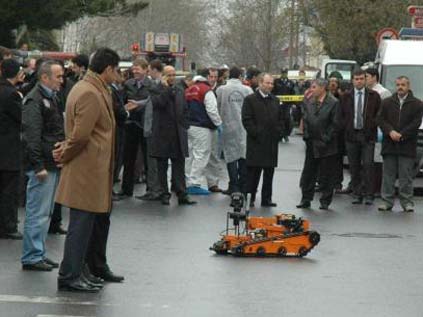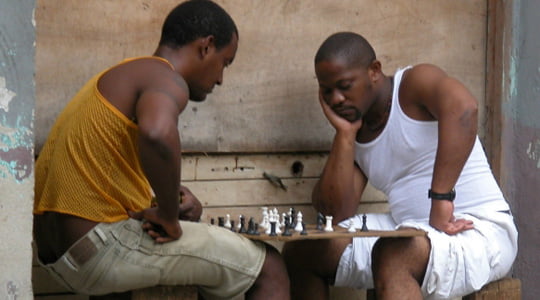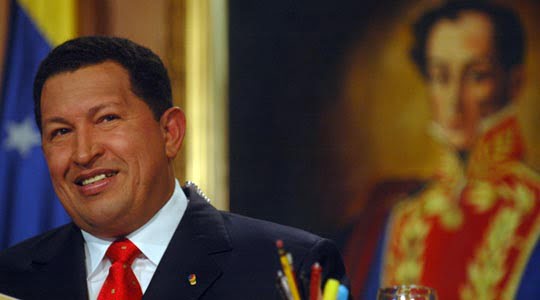The rare success story of Mesut Ozil

German-born Mesut Ozil’s footballing brilliance earned him headlines and wealth, but in the Ruhr, where his family settled, the future for immigrants is anything but rosy
The locals call it “Mesut Ozil’s ape-cage”, the fenced-off pitch on Olga Strasse in Gelsenkirchen where the German midfielder Mesut Ozil learned to kick a football. Mesut Ozil is a success story that has inspired the German nation, earning him the nickname “multi-kulti kicker” for being the first national player from an immigrant background to have made it internationally, in a journey that has taken him from a scruffy, grey playground in the Ruhr valley, once a booming but now rundown part of the nation’s industrial heartland, to the heights of Real Madrid football club.
The district of Bismarck, to where Ozil’s grandfather moved as a gastarbeiter (migrant labourer) from his native Turkey 40 years ago, is nowadays typified by boarded-up shops, derelict apartment blocks, unimaginative graffiti and the popular “ape-cages” dotted around the residential areas.
“Our boy Mesut made it,” said Duran Uzunur, 69, sipping his way through a thick Turkish coffee in a cafe frequented by retired gastarbeiters. “Anyone who can get out of here does, but few succeed. When I arrived 36 years ago I was received with open arms and work was plentiful.” But now he said, following many factory closures and increasing numbers of companies moving operations abroad to reduce costs, there are few opportunities.
“Our youngsters are seen as a burden, and for most of them there’s no hope.” Mesut Ozil, he said, “is the exception to the rule”.
Mesut Ozil has been repeatedly upheld as the prime example of an immigrant success story since he took his place on last summer’s national World Cup team. Everyone, it seems, has sought to use him for their own political gain.
Chancellor Angela Merkel took full PR advantage of the player’s success, including an impromptu encounter with him in the team’s dressing room following Germany’s win over Turkey earlier this month. Meanwhile, the far-right NPD has labelled him a “plastic German” – an artificial, manufactured fake.
But behind the Ozil story is the untold narrative of a growing underclass of poorly-integrated, under-performing parents and children of foreign origin who are unemployed, under-achieving and increasingly dependent on the state.
It was they Merkel was referring to recently when she waded into a heated debate about immigration with her damning remark that Germany’s “multi-kulti” project had “utterly failed”. Bet



